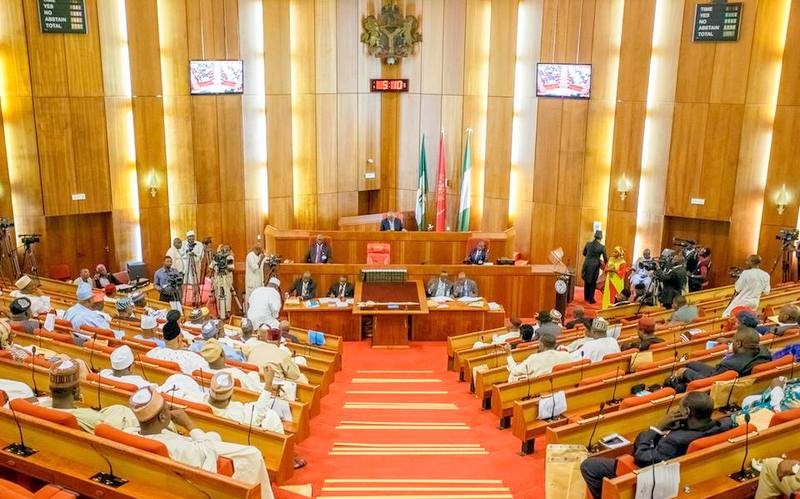Legislature
Lawmakers move to criminalize ransom payments to kidnappers

A bill to criminalise payment of ransom in Nigeria has passed second reading in the Senate on Wednesday, May 19, 2021.
Leading debate on the bill on Wednesday, Senator Francis Onyewuchi (Imo East – PDP), said it seeks to amend the Terrorism (Prevention) Act 2013 with a new section which criminalises payment of ransom to kidnappers and terrorists with 15 years imprisonment.
The lawmaker lamented that hostage-taking has become a lucrative business in Nigeria and is now the most pervasive violent crime across all geopolitical zones.
He said instead of fueling the kidnapping industry with ransom payments, Nigerians should provide necessary information to authorities for the rescue of hostages.
“The wisest thing for government to do would be to keep an eye on statistics because these show that buying out one victim strengthens and encourages kidnappers, and thus puts many more people at risk.
“The continuous payment of ransom must not be encouraged,” he said.
Supporting the proposal, Senator Adamu Aliero (Kebbi Central – APC), also said payment of ransom is counterproductive as it encourages more kidnapping and terrorism.
“If you don’t pay the ransom, it will discourage the kidnappers and terrorists. Eventually, the captives will be released,” he said.
Both lawmakers called on the government to strengthen law enforcement agencies and provide the necessary support to end the menace of kidnapping in the country.
Senator Onyewuchi further advised the government to accelerate poverty alleviation programs, as well as provide economic activities to help young people resist the temptation to resort to a life of crime.
The amendment bill was passed for a second reading when it was put up to a voice vote by Senate President, Ahmad Lawan (Yobe North – APC).
The bill was referred to the Committee on Judiciary, Human Rights, and Legal Matters to report back within four weeks, after which it could be passed and forwarded to President Muhammadu Buhari to sign it into law.






